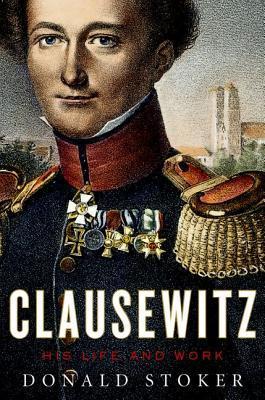What do you think?
Rate this book


354 pages, Hardcover
First published January 1, 2014
Human nature hasn't changed, and in the end, while Clausewitz's masterwork is dismissed as merely a guide about how to wage war, it is in fact a book that shows us how to think about war.